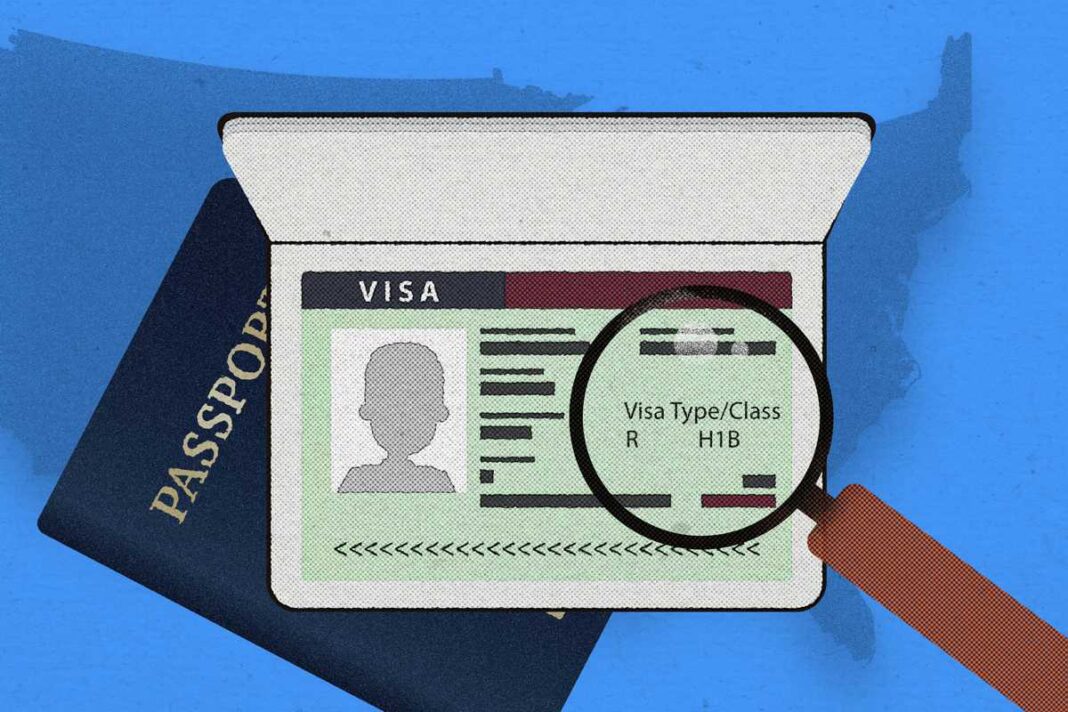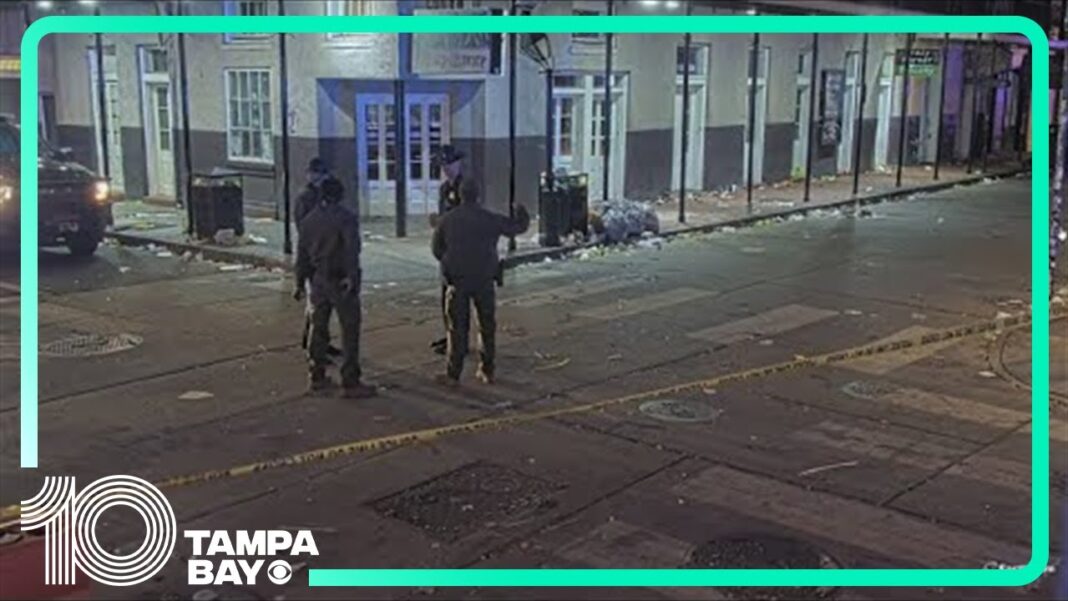Here’s what to know about the controversial and widely used temporary working visa.
In recent days, a debate between Elon Musk and X users has renewed scrutiny of the H-1B visa.
Here are some key facts about the work visa, which is unpopular with many Americans but a favorite of Big Tech.
What Is an H-1B?
The H-1B, created by the 1990 Immigration Act, is a temporary visa that allows nonimmigrants to legally work in the United States in “specialty occupations.”
Immigration law defines “specialty occupations” as ones that require at least a bachelor’s degree and involve “theoretical and practical application of a body of highly specialized knowledge.”
H-1B visas are awarded through a yearly lottery.
In practice, most H-1B visa holders work in programming and related areas.
A nonimmigrant holding a H-1B visa is only permitted to work for the employer that sponsors him or her.
That employer must also demonstrate that the applicant will be paid at least either the prevailing wage or the employer’s actual wage, whichever is higher.
The H-1B lasts three years but can be extended for up to six.
Although it is a temporary visa, H-1B holders can hold it while also seeking a green card, a position known as “dual intent.”
Employers typically do not have to seek out qualified U.S. workers ahead of seeking H-1B applicants. That changes if the employer is H-1B dependent.
The H-1B is sometimes confused with the H-2B, a visa for temporary nonagricultural workers.
The H-1B is also distinct from optional practical training (OPT), an uncapped temporary employment authorization for students or new graduates on an F-1 visa.
Employers of OPT recipients do not have to pay payroll taxes for those workers, effectively incentivizing the employment of foreigners over American students and recent graduates.
How Many H-1B Holders Are There?
The annual cap for the H-1B visa is 65,000.
However, various changes and exemptions approved by Congress have swollen the number of annual H-1Bs.
Twenty-thousand additional slots are open for those with advanced degrees from the United States.
In addition, government research organizations, universities, and nonprofit research organizations are exempt from the cap.
H-1B renewals and other non-new petitions also don’t count toward the cap.
In 2024 alone, 188,400 H-1B registrations were approved by U.S. Citizenship and Immigration Services (USCIS).









